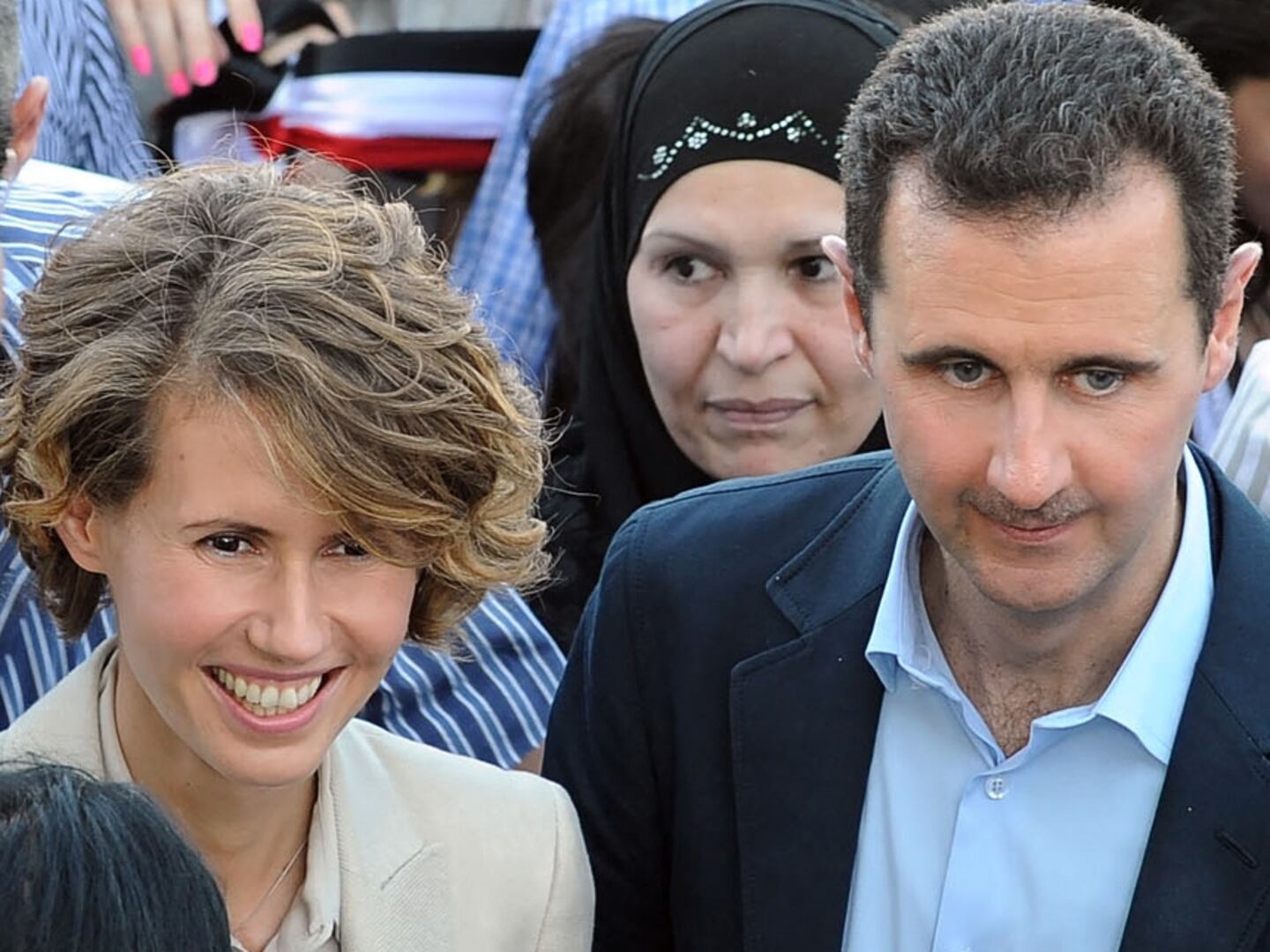Russia
(REUTERS/Valentyn Ogirenko) / Reuters
Ukraine Intel Boss Warns Putin: Brace for ‘Deeper and Deeper’ Strikes in Russia
INCOMING
Kyrylo Budanov, Ukraine’s chief military intelligence official, said attacks inside Russia are coming in the new year.





